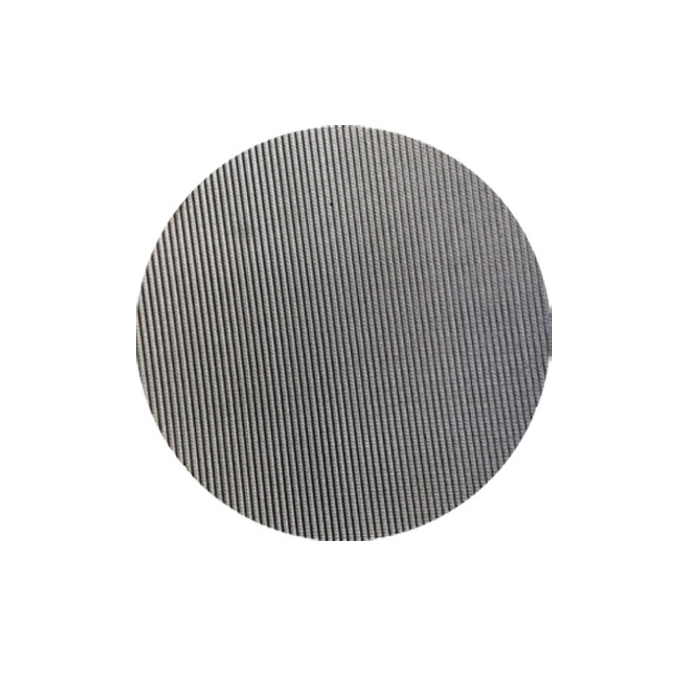
Kovar is a popular material in the manufacturing industry due to its unique characteristics, which make it ideal for a wide range of applications. In this article, we will explore the features of Kovar as a material and delve into the common alloys used in the market.
Characteristics of Kovar:
Kovar is an iron-nickel-cobalt alloy that is known for its excellent thermal expansion properties. Some of the notable features of Kovar include:
Low thermal expansion coefficient: Kovar has a very low thermal expansion coefficient, which makes it an ideal material for applications that require high dimensional stability over a wide temperature range.
Good machinability: Kovar is a relatively soft material, which makes it easy to machine and work with. It also enables the production of complex shapes and designs.
High corrosion resistance: Kovar has excellent corrosion resistance, making it ideal for use in harsh environments or applications where exposure to chemicals is a concern.
Hermetic sealing capabilities: Kovar has good hermetic sealing capabilities, which make it ideal for applications where a vacuum seal is required.
Magnetic properties: Kovar exhibits ferromagnetic properties, which make it suitable for use in applications that require magnetic shielding.
Difference between traditional sheet metal precision processing VS Chemical etched sheet metal processing
VECO’s video to learn what metal etching is.
Comments related to etching technology:
From @chadr2604:
There is another way it involves stacking many layers of very thin material with an There is another way it involves stacking many layers of very thin material with an adhesive, pressing the stack, then either stamping or punching the blank then heating it to release the adhesive. The parts will not be as accurate the tolerance is limited to about .002″ but if its good enough its much faster.
From @chadr2604:
If you try to cut that stack with a laser you will just start a fire we had an aluminum fire trying that.
Modern precision sheet metal fabrication includes a common technique known as etching, which differs from traditional sheet metal fabrication in several ways. Here are some key differences between etching and traditional precision sheet metal fabrication:
- Principle: Traditional sheet metal fabrication typically involves mechanical processes such as cutting, bending, and punching to shape and form metal sheets. Metal etching by Metal Etching Machine , on the other hand, is a chemical process that uses specialized etchants to selectively corrode the metal surface, achieving precise etched patterns and features.
- Accuracy and Complexity: Etching offers advantages in terms of precision and complexity. By controlling the composition, concentration, temperature, and etching time of the etchant, extremely fine etching can be achieved with accuracy down to sub-micron levels. Additionally, etching allows for the creation of intricate geometries, microstructures, and patterns that may be difficult to achieve using traditional mechanical methods.
- Processing Speed and Cost: Etching generally offers faster processing speeds, particularly in large-scale production. In comparison, traditional mechanical fabrication methods may require more time and cost to achieve the same level of precision and complexity.
- Materials Compatibility: Etching techniques are applicable to a range of metal materials, such as copper, aluminum, stainless steel, and titanium. Traditional sheet metal fabrication methods may have limitations when it comes to certain materials or thicker metal sheets.
- Design Flexibility: Etching provides greater design flexibility. By incorporating techniques like photolithography or screen printing during the etching process, complex patterns and structural designs can be achieved. This makes etching suitable for applications in microelectronics, optical devices, microfluidic devices, and more.
Common Kovar Alloys:
There are numerous Kovar alloys available in the market, each with unique characteristics that make them suitable for specific applications. Some of the common Kovar alloys include:
ASTM F15 Alloy: This is a nickel-cobalt-iron alloy that is commonly used in electronic and aerospace applications due to its high strength, low coefficient of thermal expansion, and excellent hermetic sealing capabilities.
ASTM F1466 Alloy: This is a nickel-cobalt-iron alloy that is commonly used in medical and scientific applications due to its excellent corrosion resistance and hermetic sealing capabilities.
Kovar 29-17: This is a nickel-iron-cobalt alloy that is commonly used in glass-to-metal sealing applications due to its low thermal expansion coefficient and excellent hermetic sealing capabilities.
In conclusion, Kovar is a unique material with features that make it ideal for a wide range of applications. Its low thermal expansion coefficient, good machinability, high corrosion resistance, hermetic sealing capabilities, and magnetic properties make it suitable for use in various industries. Additionally, the availability of different Kovar alloys in the market allows manufacturers to choose the most suitable alloy for their specific application needs.
Kovar is a popular material for chemical etching applications due to its unique properties. Kovar etching is commonly used in the production of electronic components, such as microelectromechanical systems (MEMS) and integrated circuits. The process involves selectively removing material from the Kovar substrate using a chemical etchant to create intricate patterns or features.
One of the key benefits of using Kovar for chemical etching is its excellent thermal expansion properties. Kovar has a thermal expansion coefficient that closely matches that of borosilicate glass, making it an ideal material for glass-to-metal seals in electronic applications. This property also makes Kovar a popular choice in aerospace and defense applications, where the material’s ability to withstand thermal cycling is critical.
Another advantage of using Kovar for chemical etching is its high strength and toughness. Kovar is a nickel-iron-cobalt alloy that exhibits excellent mechanical properties, allowing it to withstand harsh chemical environments and resist deformation during the etching process. This makes Kovar an ideal material for creating durable and precise components.
In conclusion, Kovar is a versatile material that is commonly used in chemical etching applications, particularly in the production of electronic components. Its unique properties, including excellent thermal expansion properties, high strength, and toughness, make it an ideal choice for glass-to-metal seals and other applications that require precision and durability.
If you have an Kovar etching project that you need help with, please contact us
